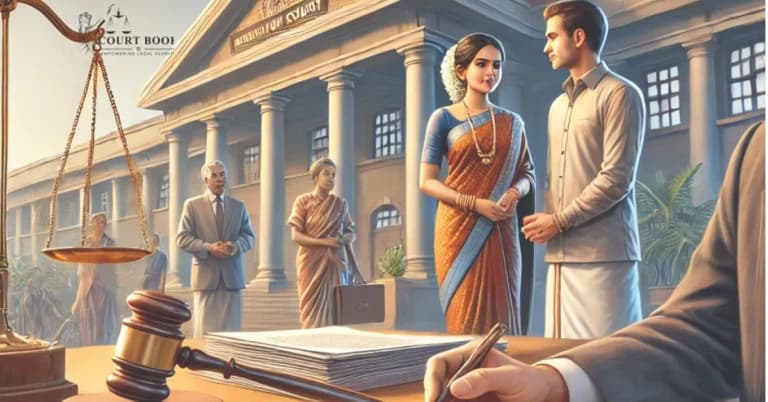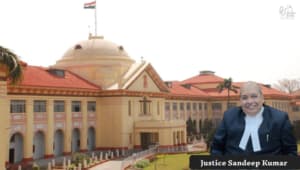The Kerala High Court has clarified that if a marriage between an Indian citizen and a foreign national takes place outside India, it cannot be registered under the Special Marriage Act (SMA). Instead, such marriages must be registered under the Foreign Marriage Act (FMA). However, if both individuals are married within India, they can register their marriage under the Special Marriage Act.
A single-judge bench of Justice C.S. Dias ruled that the petitioners—an Indian citizen and an Indonesian citizen—had solemnized their marriage under Indonesian civil law. Therefore, their marriage cannot be registered under the Special Marriage Act but can be formally registered under the Foreign Marriage Act.
"A comparison of the provisions of the Special Marriage Act and the Foreign Marriage Act makes it clear that if at least one party is an Indian citizen, the marriage can be solemnized and/or registered before a Marriage Officer in a foreign country under the Foreign Marriage Act. On the other hand, if both individuals are married in India, they can register under the Special Marriage Act."
Case Background
The petitioners currently reside in Thrissur, Kerala. They submitted a joint application to register their marriage under the Special Marriage Act. However, the Marriage Officer referred the matter to the District Marriage Officer, who did not respond.
The petitioners argued that they met all legal requirements under the Special Marriage Act, and the refusal to register their marriage violated Article 21 of the Indian Constitution, which guarantees the right to life and personal liberty.
The High Court ruled that since the couple was married in Indonesia, they must register their marriage under the Foreign Marriage Act. The court emphasized that the Foreign Marriage Act provides recognition to marriages conducted abroad when at least one of the parties is an Indian citizen.
"After analyzing both Acts and their judicial interpretations, it is clear that the petitioners are not eligible to register their marriage under the Special Marriage Act."
Alternative Solution for the Petitioners
The Kerala High Court provided an alternative legal remedy for the couple, stating that they can register their marriage online without traveling to Indonesia.
The court referred to the case of Arun R.K. v. State of Kerala (2023), which established that Indian Marriage Officers cannot refuse to register marriages through an online process. The petitioners were advised to submit an online request to the Indian Embassy in Indonesia, where their marriage could be officially registered via video conferencing.
Read Also:- Disapproval of Marriage Not Grounds for Abetment of Suicide: Supreme Court
Final Judgment by the Court
The Kerala High Court disposed of the writ petition with the following key points:
- The request to register the marriage under the Special Marriage Act was denied.
- The request to register the marriage under the Special Marriage Act was denied.
- The Indian Embassy in Indonesia must facilitate the registration via video conferencing.
- The Deputy Solicitor General of India (DSGI) must assist the petitioners in the registration process.
This landmark ruling clarifies that marriages between an Indian and a foreigner, conducted abroad, cannot be registered under the Special Marriage Act. Instead, such marriages must be registered under the Foreign Marriage Act. The judgment also sets a precedent that allows online marriage registration, eliminating the need for couples to travel abroad for legal formalities.















